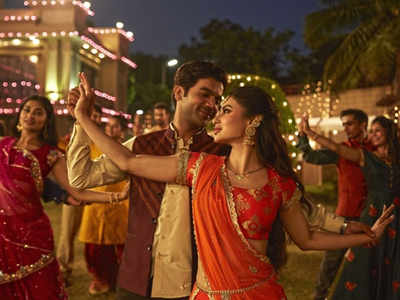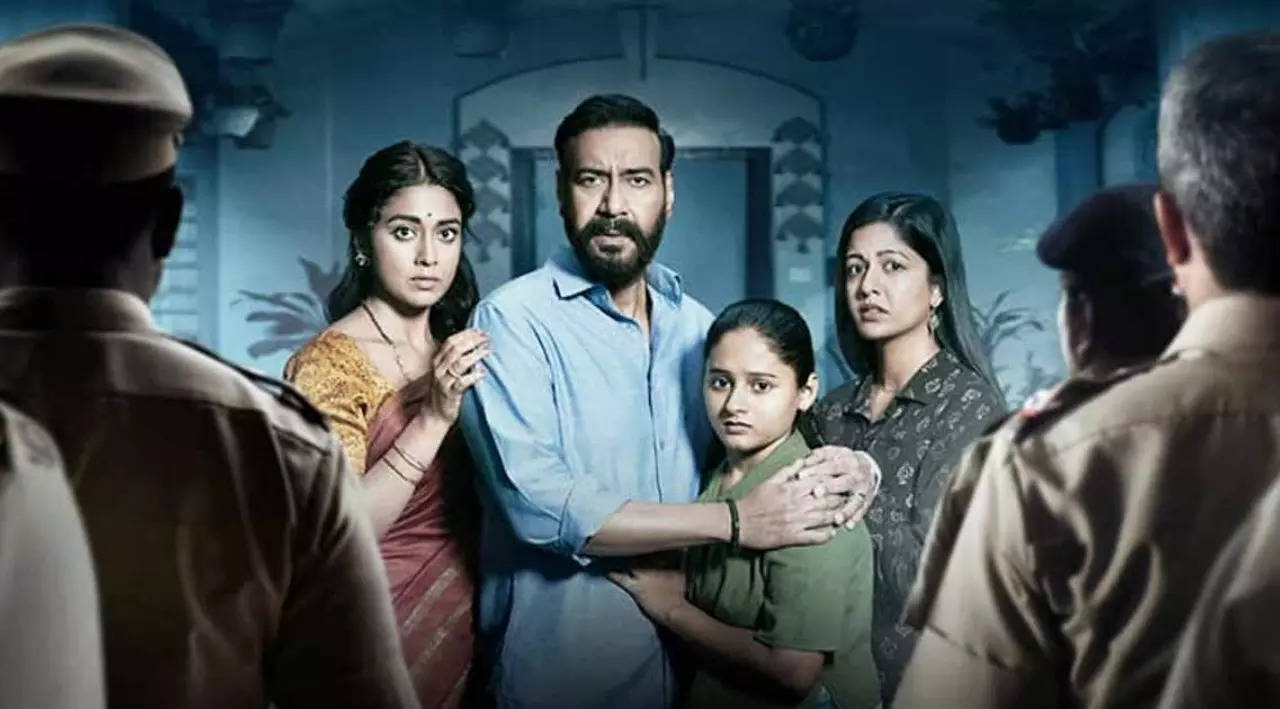|
Teesri Kasam تیسری کسم तीसरी कसम
|
|
|
|
|
Directed by
|
Basu Bhattacharya
|
|
Screenplay by
|
Nabendu Ghosh
Phanishwar Nath Renu (Dialogue)
|
|
Story by
|
Phanishwar Nath Renu
|
|
Based on
|
Maare Gaye Gulfam
by Phanishwar Nath Renu
|
|
Produced by
|
Shailendra
|
|
Starring
|
Raj Kapoor
Waheeda Rehman
Rehana
|
|
Cinematography
|
Subrata Mitra
|
|
Edited by
|
Iqbal
|
|
Music by
|
Shankar-Jaikishen
Shailendra (Lyrics)
Hasrat Jaipuri (Lyrics)
|
|
Production
company
|
Image Makers
|
|
Release date
|
1966
|
|
Running time
|
159 min
|
|
Country
|
India
|
|
Language
|
Hindi
|
Teesri Kasam is a 1966 Hindi language drama film directed by Basu Bhattacharya and produced by lyricist Shailendra. It is based on the short story Mare Gaye Gulfam, by the Hindi novelist Phanishwarnath Renu. The film stars Raj Kapoor and Waheeda Rehman. The duo Shankar–Jaikishan composed the film's score. The film's cinematography was done by Subrata Mitra. Dialogues were written by Phanishwarnath Renu and the screenplay by Nabendu Ghosh.
Teesri Kasam is an unconventional film that portrays rural Indian society. It is the story of a naive bullock cart driver Hiraman, who falls in love with Hirabai, a dancer at a nautanki. The film also deals with the issue of exploitation of women in the performing arts, especially in travelling folk theatre.
Hiraman (Raj Kapoor) is a rustic villager, a bullock cart driver, from a remote village in Bihar. Hiraman takes two vows based on difficult situations in his life. He then meets and befriends Hirabai, a nautanki dancer. In the end, Hiraman takes a third vow.
Hiraman has traditional and conservative values. While smuggling illegal goods on his bullock cart and narrowly escaping the police, Hiraman takes a vow (the first kasam) to never again carry illegal goods. Subsequently, while transporting bamboo for a timber trader, Hiraman's load upsets the horses of two men. The two men then beat Hiraman. After this, Hiraman takes a second vow (the second kasam) to never again carry bamboo in his cart.
One night, Hiraman is asked to carry Hirabai (Waheeda Rehman), a nautanki dancer, as a passenger to a village fair forty miles away. As they travel together, Hiraman sings to pass the time and tells Hirabai the story of the legend of Mahua. As the journey progresses, Hirabai is mesmerized by Hiraman's innocence and his simple philosophy of life. Hiraman sees Hirabai as an angel of purity.
Once they reach the village fair, Hiraman joins his band of bullock cart drivers and Hirabai joins the nautanki company. Hirabai asks Hiraman to stay at the village fair for a few days to see her dance. Hirabai arranges free passes for Hiraman and his friends to see the nautanki on every night for the duration of the fair.
As Hiraman attends the nautanki, he becomes aware that other people see Hirabai as a prostitute and this disturbs him. He tries to shield and protect her from society. As the days pass, the bond between Hirabai and Hiraman grows stronger. When Hiraman becomes involved in fights with local people who disparage Hirabai and her profession, Hirabai tries to make him understand that it is the harsh reality of her life. Hiraman asks Hirabai to leave her profession and to start living a respectable life. Hirabai refuses to leave. Feeling depressed, Hiraman leaves the village fair and returns to his village.
Hirabai meets Hiraman and tells him her secret that she had been sold and she was not a virgin beauty and then leaves. Hiraman then takes a third vow (teesri kasam) that he will never again carry a nautanki company dancer in his cart
- Raj Kapoor
- Waheeda Rehman
- Dulari
- Iftekhar
- Keshto Mukherji
- A.K. Hangal
- Asit Sen
- C. S. Dubey
- Shailendra
- Rehana
- Rekha
- Navendu Ghosh
- Vishwa Mehera
- Shivaji Bhai
- Mansaram
- B. Periera
All lyrics are written by Shailendra & Hasrat Jaipuri; all music by Shankar–Jaikishan.
|
No.
|
song
|
Singer(s)
|
|
|
1.
|
"Aa Aa Bhi
Jaa"
|
Lata
Mangeshkar
|
|
2.
|
"Chalat
Musafir"
|
Manna Dey
|
|
3.
|
"Duniya
Bananewale"
|
Mukesh
|
|
4.
|
"Haye Ghazab
Kahin Tara Toota"
|
Asha Bhosle
|
|
5.
|
"Maare Gaye
Gulfaam"
|
Lata
Mangeshkar
|
|
6.
|
"Paan Khaaye
Saiyaan Hamaaro"
|
Asha Bhosle
|
|
7.
|
"Sajanwa Bairi
Ho Gaye Hamaar"
|
Mukesh
|
|
8.
|
"Sajan Re Jhoot
Mat Bolo"
|
Mukesh
|
|
9.
|
"Lali Lali
Doliya Mein Lali Re"
|
Asha Bhosle
|
|
10.
|
"Kissa Hota Hai
Shuru"
|
Mubarak Begum,
Shankar-Shambhu
|










































0 Comments
retng our site